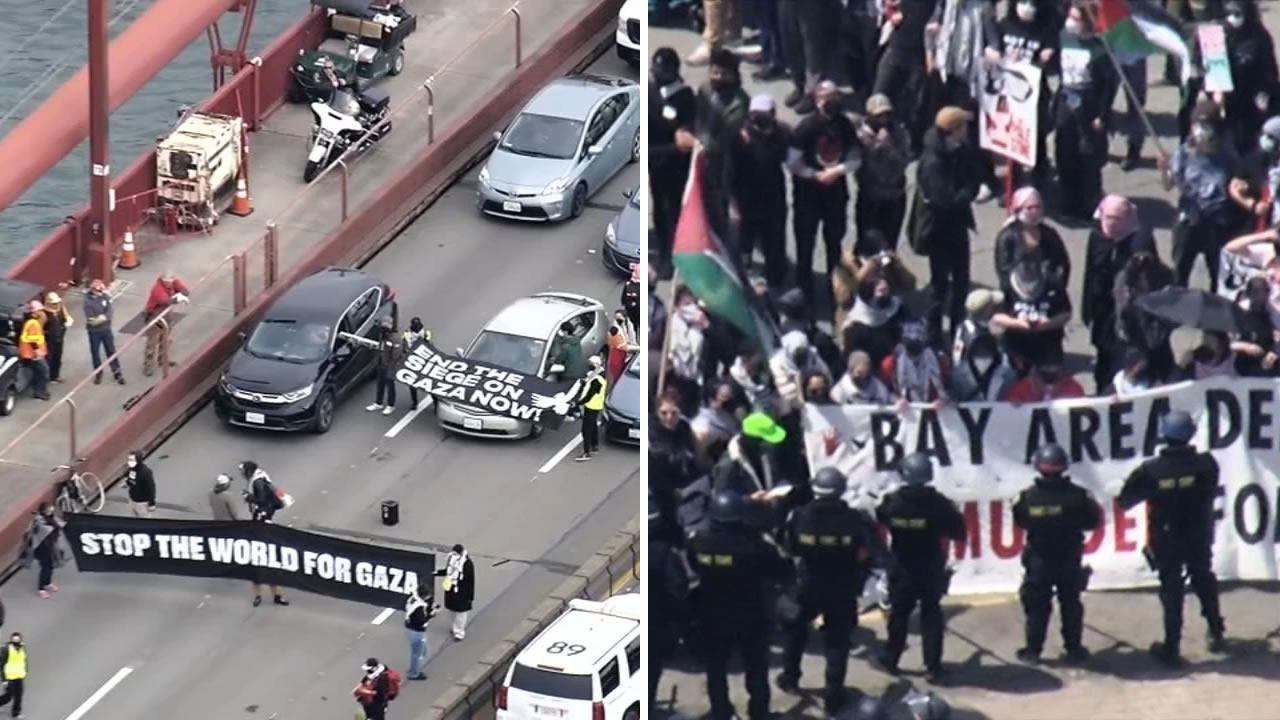Goodbye Facebook Revolutions? Page Supporting Putin Critic Blocked

MOSCOW -- MOSCOW -- Facing pressure from Russian authorities, Facebook blocked a page today supporting a prominent critic of President Vladimir Putin.
A page urging Russians to attend a rally in support of opposition leader Alexey Navalny was unavailable after Russia's media watchdog reportedly requested that Facebook take it down because it promoted an unauthorized mass gathering.
On Friday, Navalny was in court facing what he says are trumped up corruption charges aimed at silencing Putin's opponents. Prosecutors are seeking to put him in prison for 10 years. During his closing argument, Navalny issued a stinging rebuke of Putin's government.
The Facebook page called on Russians to attend a rally in Navalny's defense on Jan. 15, the day of his sentencing hearing. By the time it had been blocked, more than 12,000 people said they planned to attend.
Users attempting to reach the page now receive a message saying "The page you requested cannot be displayed right now. It may be temporarily unavailable, the link you clicked on may be broken or expired, or you may not have permission to view this page."
A spokesman for Facebook said there was no comment on the blockage of the page.
The social network had been a popular platform for Russians to organize during a winter of anti-government protests three years ago. It played a similar role during the Arab Spring, when it was hailed as a free and open tool for oppressed masses to communicate.
That era may now be over.
Facebook has been keen to grow its user base in Russia, one of the few countries in the world where a local social network, in this case VKontakte, has more members.
Yet Russian authorities have become increasingly wary of social media and have sought to control it. Facebook says it blocked 29 pieces of content in Russia during the first half of this year due to requests from the government, compared to just four during the previous six months.
VKontakte has also faced strong pressure. The site's founder, Pavel Durov, defied repeated requests from Russian authorities to provide information on users. Durov eventually left the company and temporarily fled the country as the pressure intensified. VKontakte is now controlled by Putin allies.
Foreign websites, including Facebook and Twitter, are facing a looming deadline to store their data on Russian servers in accordance with new Russian legislation. A representative from Twitter recently visited Moscow to discuss the new requirements.
Shortly after the initial page in support of Navalny was blocked, a new event page sprung up in its place. Proving the resilience of the Internet age, within a few hours nearly 10,000 people had already pledged to attend.




